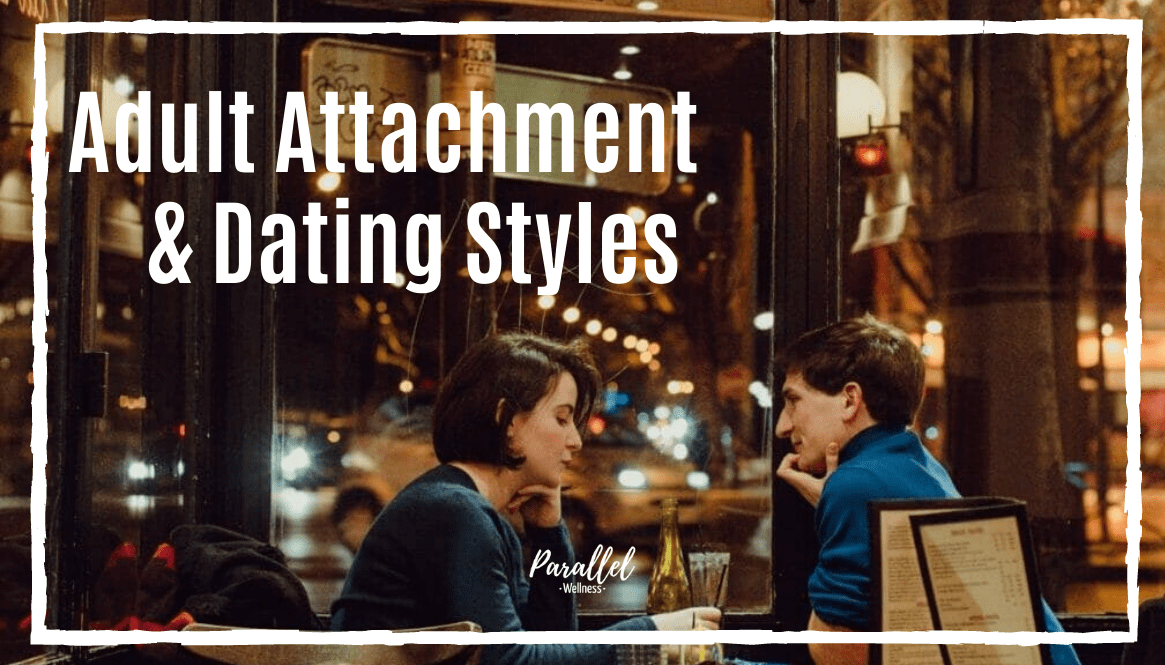Have you ever read a book that helped you understand so much more about why your relationships failed? This was the case when I checked out “Attached” by Dr. Amir Levine and Rachel S.F. Heller. Levine and Heller offer a simplified, scientific explanation of adult attachment and dating styles and how that it intersects with romantic relationships.
The Attachment Styles
Attachment begins at birth and can transform throughout life. Humans have a basic psychological need to attach to someone. For example, a baby needs the comfort of a caregiver to soothe them. When we attach to someone, our brain becomes wired to seek the love of our partner. If our partner fails to love us, we are programmed to continue attempting to achieve that love until our partner does or find it elsewhere.
Mary Ainsworth and John Bowlby first theorized attachment, and described 4 main classes of attachment: secure, anxious, avoidant, and disorganized.
Levine and Heller looked more closely at 3 of these style to explain adult attachment and dating styles.
Secure Attachment
The first attachment style is the one we all want to have. People who are securely attached are comfortable with intimacy, are warm and loving. These are the people we should seek out for long-term relationships, and the attachment style we should try to adopt.
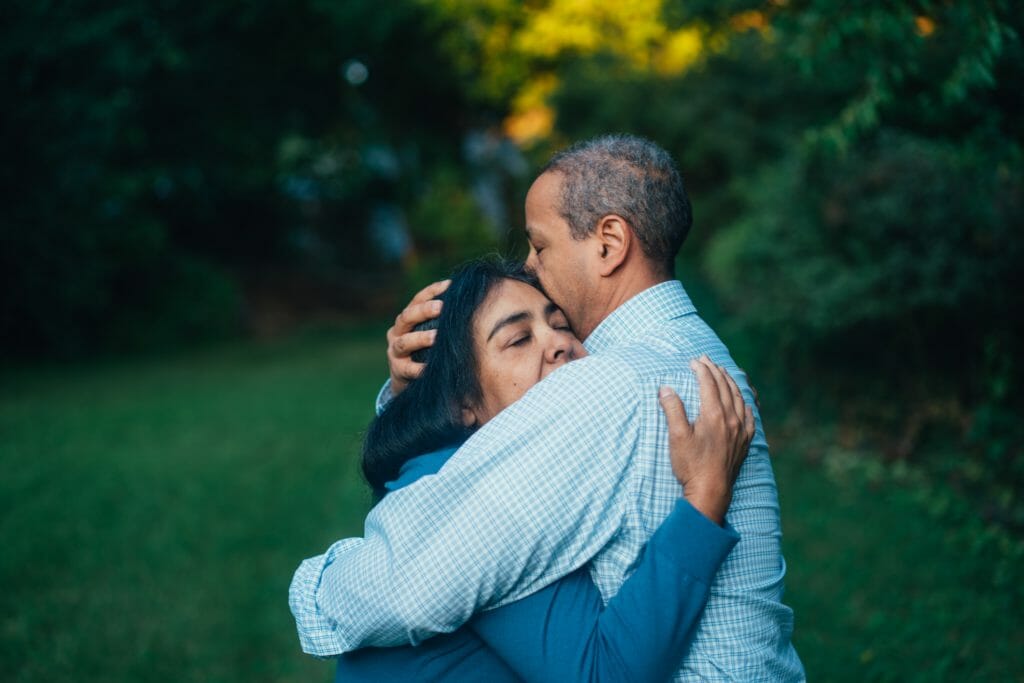
A securely attached person can come across as boring to someone with an anxious attachment style, because there’s no sense of drama. There can be this flawed notion that drama equals passion. Being with someone who acts like an emotional rollercoaster is not passion or excitement. It’s just plain heartache, and something I don’t wish for anyone.
So, let’s consider why someone would willingly pass up someone who is loving, honest, and loyal (aka a securely attached person) for someone who is distant or co-dependent by looking at an anxious attachment style
Anxious Attachment
An anxious attachment style is described as being preoccupied with relationships and a tendency to worry about their partner’s ability to love them back.
Someone who is anxiously attached is thought to have an “over-active attachment system.” This means that people who are anxiously attached have a heightened sense of when their relationship is threatened. The most subtle feeling that something is wrong will send your attachment system into overdrive. You won’t be able to calm down until your partner sends an indication that they care for you and your relationship is safe. Unfortunately, someone with an avoidant attachment style is not going to be great at alleviating this.
Avoidant Attachment
Those with an avoidant attachment style love their freedom and keep people at a distance. They are the ones who quiver at commitment and make salty jokes about marriage.
I believe modern dating caters to the avoidants, because it supplies them with endless choices of partners, via apps like Tinder. They are the inventors of ghosting.
Tragically, many anxiously attached people end up dating avoidantly attached people.
Anxious and Avoidant Couples
Let me paint you what I believe to be a relatable scenario of a couple – let’s call them Taylor and Morgan:
Taylor scrolls through Morgan’s Instagram account and sees that Morgan is still following their exes and worse, even has photos of them on their account! Taylor is convinced that if they are in a committed relationship, all signs of past relationships need to be gone from social media. You should not be in touch with exes.
Morgan does not see the big deal in this, and believes these photos are good memories and does not want to delete them. Morgan can’t deal with the conflict and starts to ignore Taylor’s texts and calls.
This dispute is deeper than Instagram. It is about their difference in how close and committed they want to be with each other. Morgan uses strategies to keep Taylor at arm’s length, such as by continuing to do things Taylor feels uncomfortable with (i.e. staying in touch with exes and avoiding calls/texts). Taylor, anxious about their relationship, wishes to remove all potential threats and feels distrusting. Their longing for attachment and intimacy is vastly different.
Why Do Anxious and Avoidants Get Together?
I have good news for you, there are more people with secure attachment styles than avoidant or anxious. If this is the case, why are there anxious-avoidant couples? It’s because of the reluctance to end a relationship.
Society has long pressured people to be in relationships. It’s not just Valentine’s Day and romantic comedies that glorify relationships. We now have social media and #OTP #bae to further influence us that any relationship is better than no relationship.
Think about an anxiously attached person consuming this content on a daily. It feeds the notion that relationships are the end all be all, and there’s only one person out there for them. Fear of being alone often brings someone to tolerate poor relationship behaviour.
Avoidants and anxious couples stay in a cycle of destructive relationship tendencies. Anxious styles constantly crave intimacy and avoidants pull away from intimacy. Remember our brain’s wiring of seeking intimacy and love until we get it? Well, an anxiously attached person will continue searching for this until it’s found. An avoidant person will find this pursuit threatening to their independence – leading to a relationship rhythm of push and pull.

Can I Change My Attachment Style?
Fortunately, your attachment style is not rigid. It can change depending on who you are with. Having a partner with a secure attachment style can actually make someone with an avoidant or anxious style more secure. So even as an adult, you can change your adult attachment and dating style to have healthier relationships.
However, those with a secure attachment style can become more anxious or avoidant if they fall into an unhealthy relationship. If you believe you have a secure attachment style, try to maintain that style the best you can (we need people like you in the world).
Remind yourself of security-enhancing experiences, like peacefully resolving a conflict, or think about a secure person you know and how they act.
Your attachment style can also be different within your various relationships. Perhaps you have an avoidant attachment style with your parents, but an anxious style with your romantic partner. Consider these differences and recognize that your attachment style is not stuck one way.
Try to Model Your Attachment Style Like the One You Have with Your Pet
Suzanne Phillips, coauthor of the book Healing Together, describes our relationship with our pets as a source of inspiration for our romantic relationships. Pets provide us unconditional love, but they can also be a source of frustration – keeping us up at night, destroying our valuables, forcing us to clean up after them). However, despite their flaws, we don’t have any assumptions about them, obsess about what they do in our absence, or hold grudges. We just continually love them. Try to have your adult attachment and dating styles be as secure as the one you have with your pet.
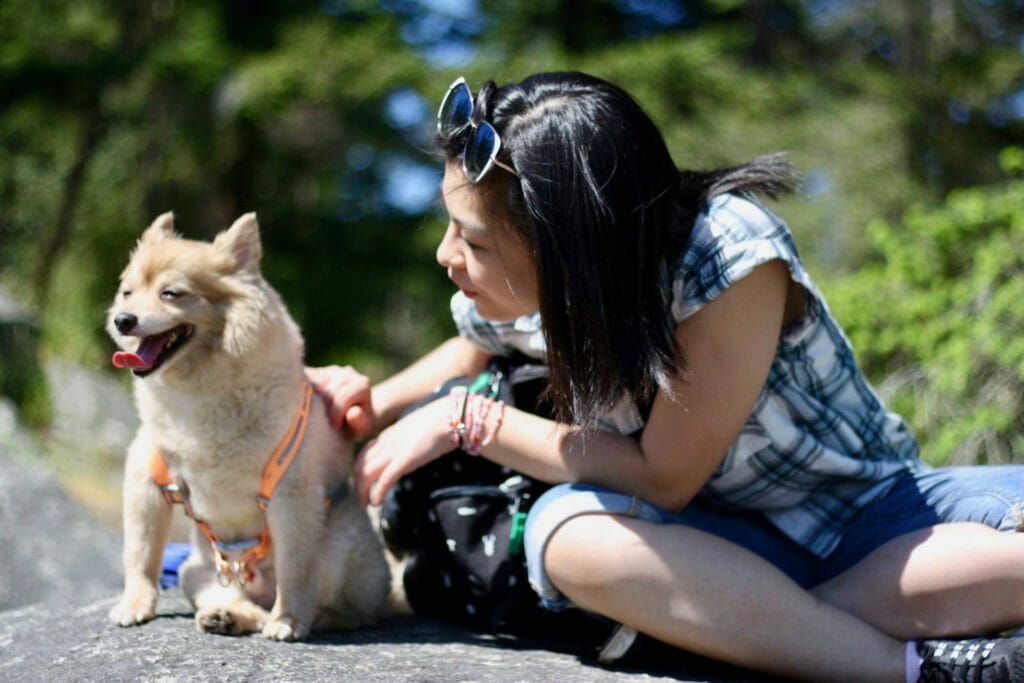
Jannie Ngo
My name is Jannie Ngo and I am currently completing a Master of Counselling Psychology program at Adler University. I have joined Parallel Wellness as a practicum student, hopeful to spend my limited time here learning from the incredible team and sharing my knowledge with all interested readers in my blog section – Learn with Jane. I’m hopeful that as a community we can normalize the conversation on mental health and learn together.
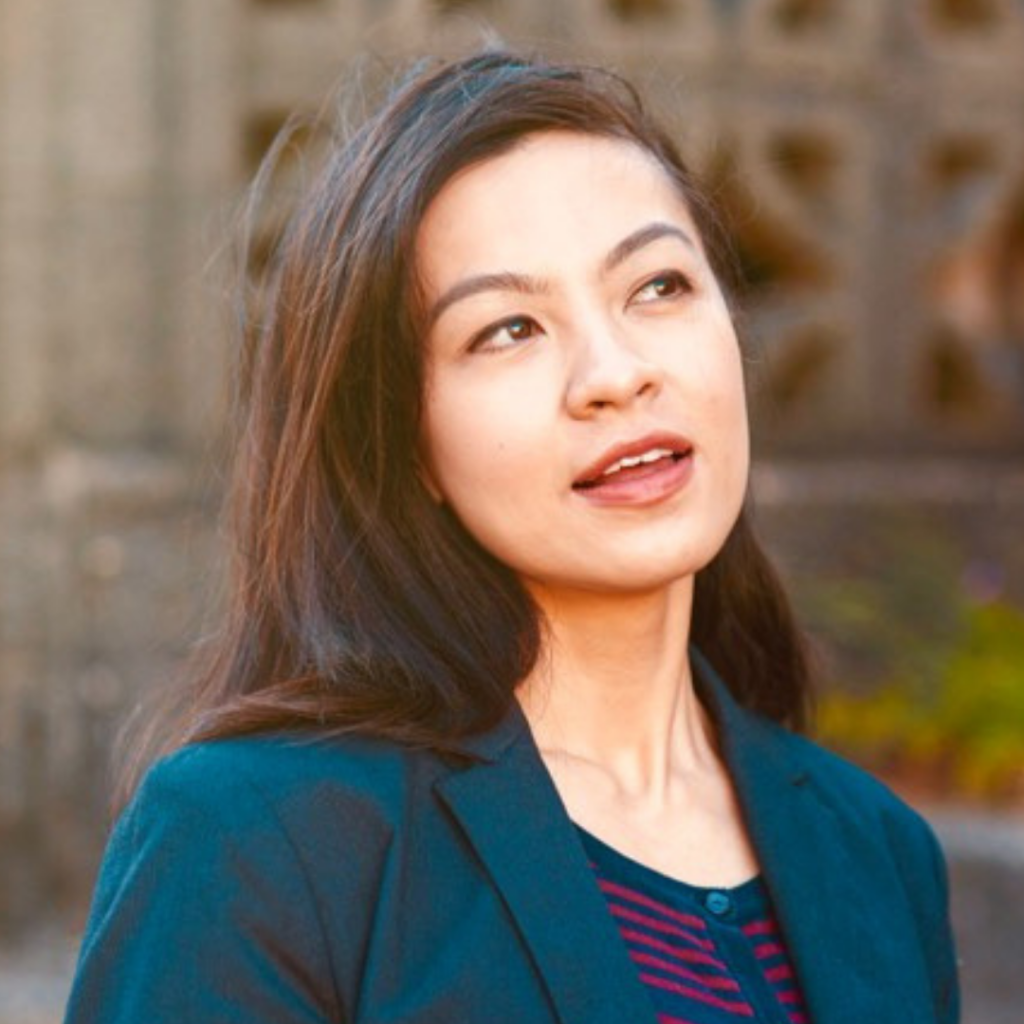
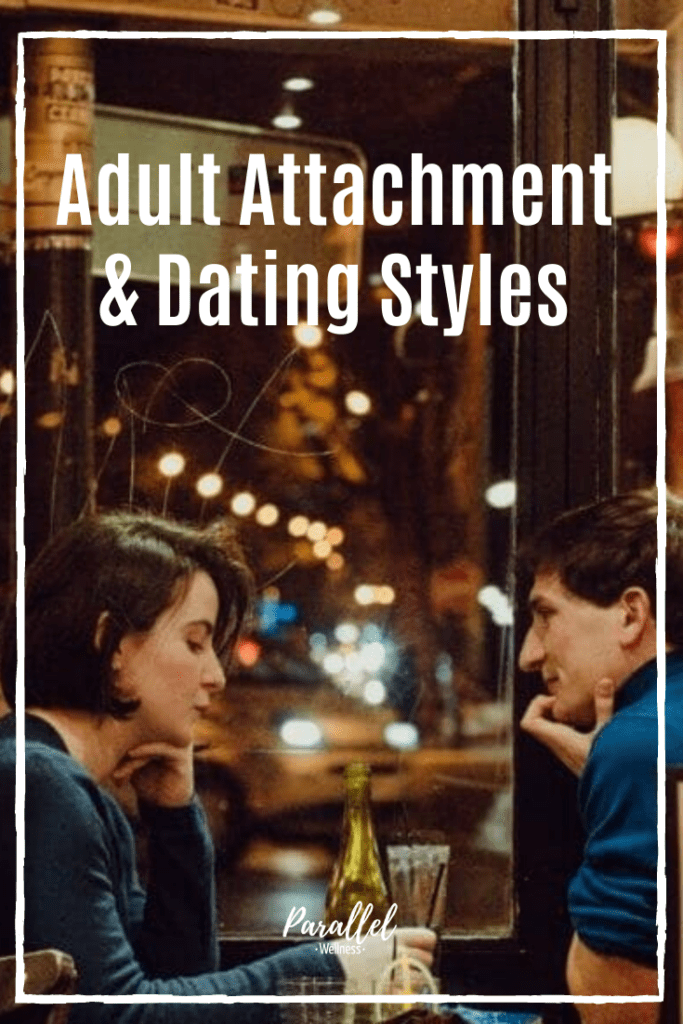
Hey there!!
I'm Meredith MacKenzie, the founder of Parallel Wellness and a Registered Clinical Counsellor. Simply put, I love to talk about psychology, emotions and all the things that make us human. My goal for this blog is to share information, resources and a fresh perspective on what brings clients to our practice.
